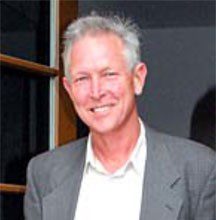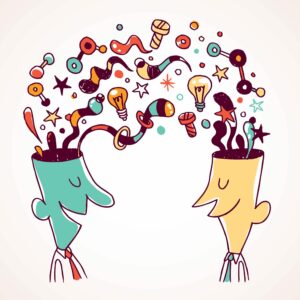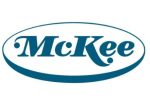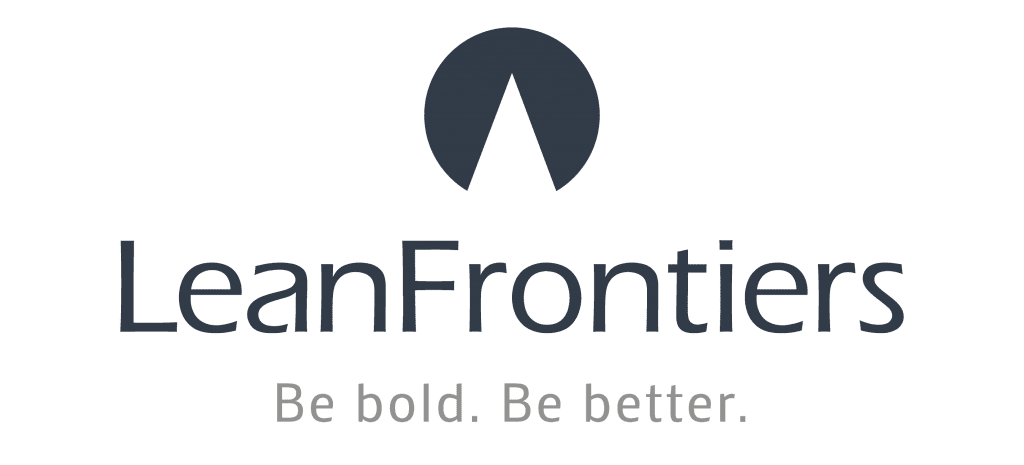A.O. Smith has been on this version of their lean journey for the last 5 years and the approach has been like no other. Starting with developing leader volition to the AOSos Philosophy, linking it to personal and company values, and then practicing the desired leader behaviors, it has become a very personal journey for every leader in the organization.
This session will provide a brief background of the company and its approach to implementing their operating system along with a more personal and in-depth sharing of experiences from 3 key leaders of A. O. Smith’s North America Water Heating Business Unit. There will be an open Q&A after the presentations.


















